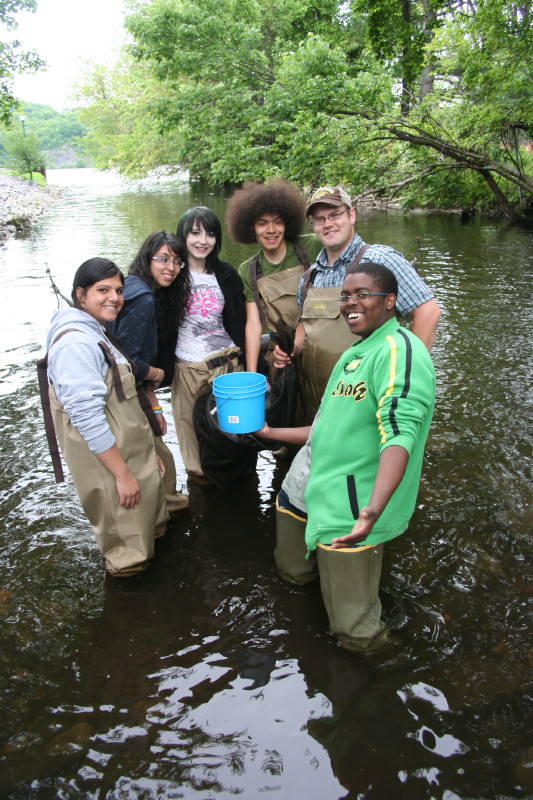Working toward a national assessment of the National Estuarine Research Reserve System (NERRS) K-12 Estuary Education Program (KEEP), NCCOS scientists, in partnership with the Office of Coastal Management and The College of Charleston, provided critical social science expertise to assist in the development and evaluation of the educational program offerings at the NERRS. From 2009 -2013, a series of needs assessment surveys were designed and conducted at individual NERRS.
In 2014, NCCOS scientists combined data collected from 19 NERRS sites into a national and regional synthesis. Using social science methods, the data was analyzed to determine ways the education program could better achieve its goal of increasing the ocean literacy of students, teachers and the general public.

Researchersfound that an overwhelming proportion of teachers proximate toNERR sites (more than 90%) were interested in incorporating more outdoor education activities with their students. However, these educators reported that budget limitations, lack of time and difficulty aligning activities with curriculum requirements were serious barriers. Additionally, the study revealedwhich real-time/archived data sets teachers are currently using in the classroom and preferred topics for new education material development. The final report provides NERRS staff with the results of the synthesis and analysis as well as guidance for future assessment aimed at strengthening education initiatives.
For more information, contact Maria.Dillard@noaa.gov or Jarrod.Loerzel@noaa.gov.
